Marry a Communist, or How North Korean Women Choose Spouses
Categories: Asia | Nations | World
By Pictolic https://pictolic.com/article/marry-a-communist-or-how-north-korean-women-choose-spouses.htmlNorth Korea, despite its specific state system with many costs, remains a country of ancient culture. Many of the traditions were preserved even under dictatorship, albeit in a slightly modified form. The peculiarities of culture also left their mark on the institution of marriage - in the DPRK, the modern ideology of the Workers' Party is intricately intertwined with medieval customs.
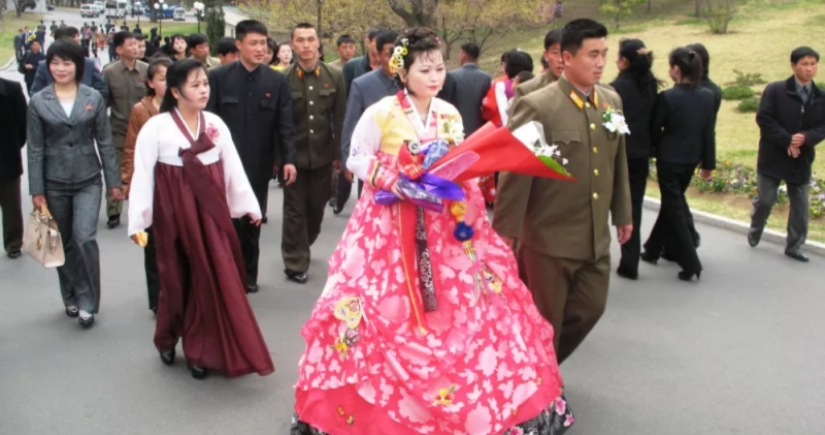
He spoke about the intricacies of marriage in the country of victorious communism in his book “North of the 38th parallel. How they live in the DPRK" by the famous orientalist Andrei Lankov. The author visited this country many times and communicated with its inhabitants, so he can tell a lot of interesting things about it.
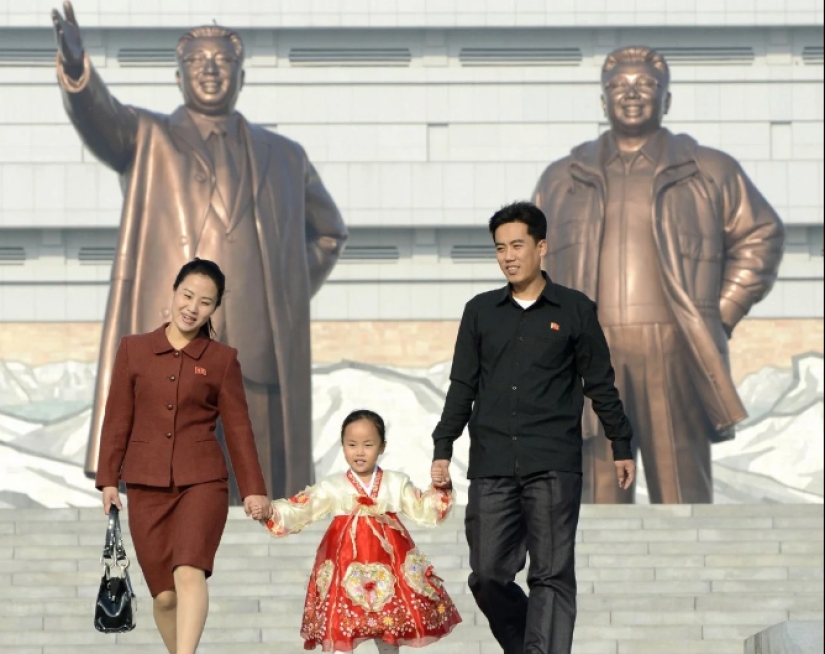
In North Korea, the story revolves around several key figures belonging to the same family. Since Comrade Kim Il Sung came to power in 1948, all major merits have been attributed to members of his family and the residents of the country have no choice but to constantly feel the greatest gratitude to the next Kim, with or without reason.
There is a common story in North Korean literature that describes a meeting between a leader beloved by the people and an orphan who lost her family during the Korean War. Often this is the son or daughter of a fallen hero of the partisan movement or a fiery revolutionary. The father of the people takes an active part in the fate of the orphan and personally looks for a match for her from a family with an impeccable revolutionary reputation.
These stories in most countries of the world are perceived as further evidence of the tyranny of the North Korean regime, which treacherously interferes in the holy of holies of a person - in his personal life. But you shouldn’t cut corners—to understand the essence of these stereotyped stories, you need to get some idea of the historical way of life on the Korean Peninsula.
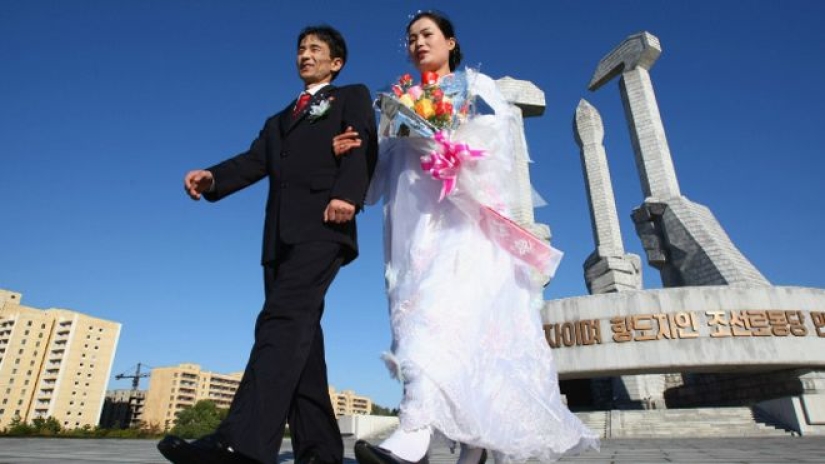
Stories about marriage at the behest of the leader, and not at the call of the heart, are not intended for Western readers. Their audience is middle-aged and older residents of the country who remember and honor the traditions of their people. Since ancient times in Korea, it was the parents who selected a mate for their offspring, guided by their ideas about family life and happiness.
The youth could only accept the decision of their elders. When choosing a husband or wife for an orphan, Kim Il Sung or Kim Jong Il takes on the responsibilities of parents, which is considered an incredible honor. That is why stories about how the father of the people took care of one of his many children evoke tenderness, delight and pride in the DPRK for the country and the leader.
Starting a family is mandatory for North Koreans, and upon reaching a certain age, this issue becomes a priority. Men, as a rule, get married a couple of years after returning from the army, where they serve, by the way, for ten years. By this time, they are about 30, and the chosen one, most often, is 2-3 years younger.
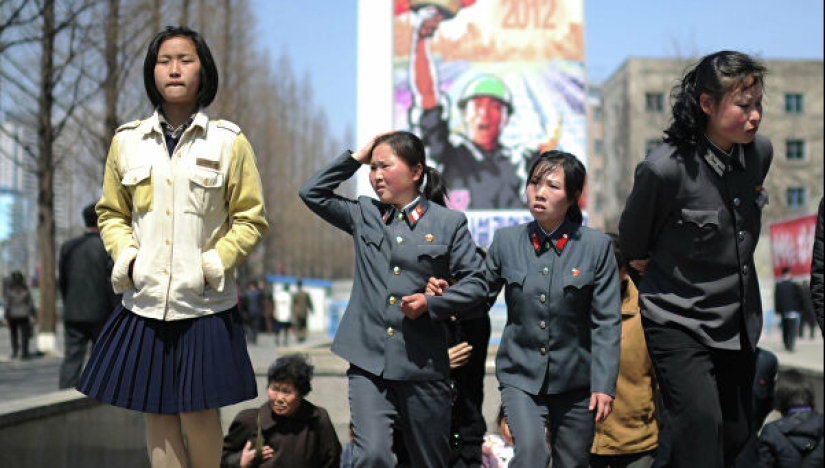
Back in the late 70s, most marriages in the DPRK were concluded by the decision of parents, and sometimes bosses. Today the couple decides to start a family on their own. We usually call such a union a “marriage for love,” but for North Korea such a definition is hardly suitable.
Rather, it is worth saying that the couple decided to start a family and therefore got married. Feelings, most often, play not the first role in choosing a life partner, but this does not bother anyone.
So who do North Korean girls or their parents consider the best groom? Preferences may be different, but, as in any other country in the world, they usually prefer accomplished and successful people. Some dream of artists and singers, others like military men with a respectable rank, and some don’t care at all - as long as the guy is decent, kind and hard-working.
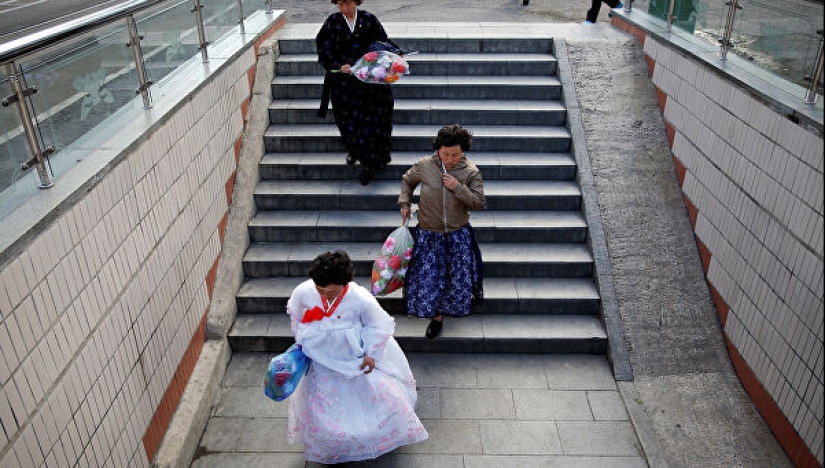
As for girls seeking material benefits from marriage, there are many of them in the country and it is worth talking about them separately. There have always been practical-minded mothers and girlfriends, but their idea of the ideal groom was constantly changing.
In the 70s, an officer or a party official was considered the best option. In the 80s, the palm passed to diplomats, sailors and foreign trade workers, that is, to those who have access to foreign currency and the benefits of Western civilization.
At the turn of the millennium, a revision of values took place again - representatives of “shadow” business and successful entrepreneurs are now in favor. This turn is due to the fact that in the 90s there was another famine in the country, which showed that only those who work for themselves and have little dependence on the state can live happily in any crisis.
Many successful grooms come from families with a dubious reputation - little attention is paid to this today. But 30-40 years ago, a scion of a landowner family or a guy from a family of defectors could hardly count on admission to a university or the favor of a bride, regardless of his income. Therefore, we can confidently say that mercantilization has overtaken the society of the DPRK.
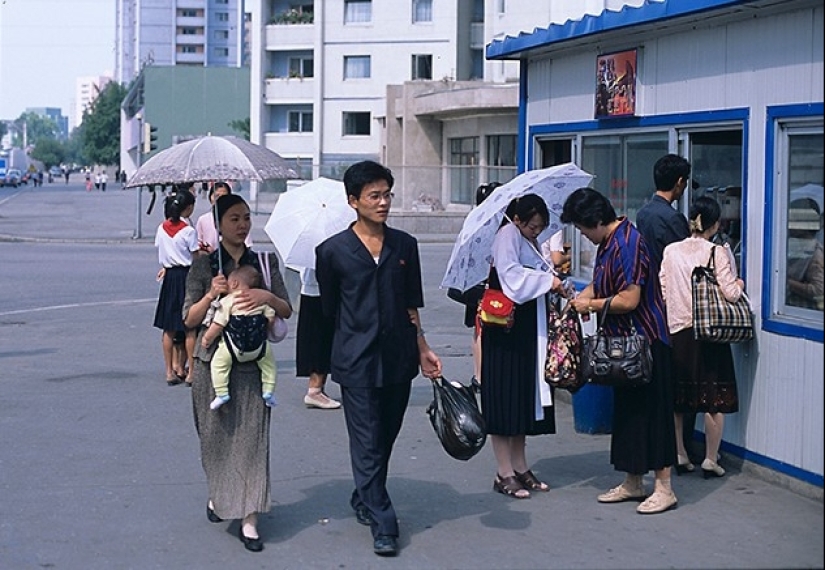
In the last decade, alliances have very often been concluded between people from the business sector and nomenklatura officials. This is reminiscent of the situation typical of Europe in the 19th century, when bankrupt aristocrats looked for a mate in the families of wealthy industrialists or merchants.
Before 1945, North Korea was a patriarchal country where women were assigned the roles of mother, housewife and worker. With the communists coming to power, everything changed. In 1946, the Gender Equality Act was passed, which granted women the right to vote. It is of no use in a country where 100% of the population votes for one candidate, but the ladies were still pleased.
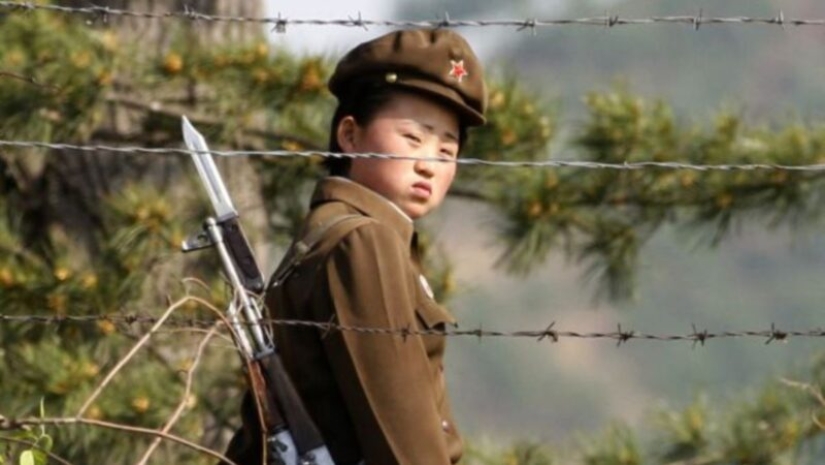
In addition, the law prohibited polygamy, not formally, like the occupation rules adopted by the Japanese in 1915, but quite officially. It also facilitated divorce and gave women the right to alimony and maternity leave. The law was constantly changing, clauses were added to it. With the amendments, parental leave increased - now it is 150 days.
By the beginning of the 50s, prostitution was eradicated in the country as one of the ways of exploiting women and a relic of the bourgeois system. True, recently, due to the revival of market relations, corrupt love has returned to the country, but on a very modest scale. At the same time, centuries-old restrictions on education were lifted, and many professions, such as teacher and doctor in the DPRK, became female.
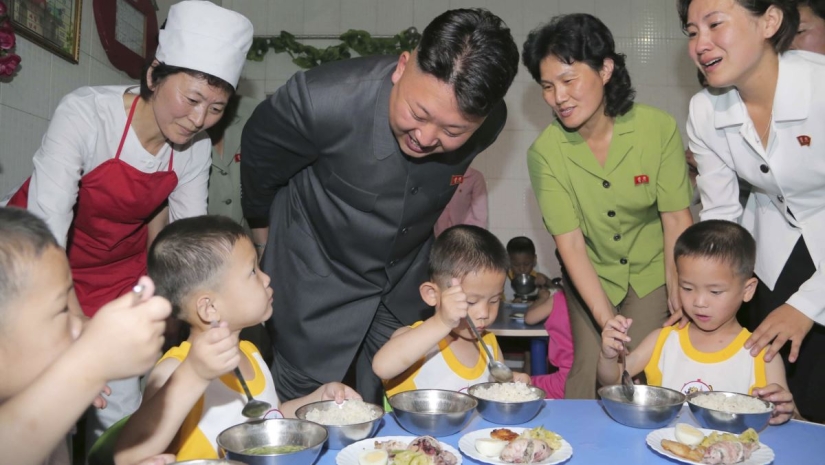
Despite this, women in North Korea are still heavily dependent on men and full equality is out of the question. If the overwhelming majority of teachers in the country's schools are women, then directors are almost always representatives of the stronger sex. Things are approximately the same in marriage - the final word always belongs to the man, who was and remains the head of the family.
Recent articles

It's high time to admit that this whole hipster idea has gone too far. The concept has become so popular that even restaurants have ...

There is a perception that people only use 10% of their brain potential. But the heroes of our review, apparently, found a way to ...

New Year's is a time to surprise and delight loved ones not only with gifts but also with a unique presentation of the holiday ...